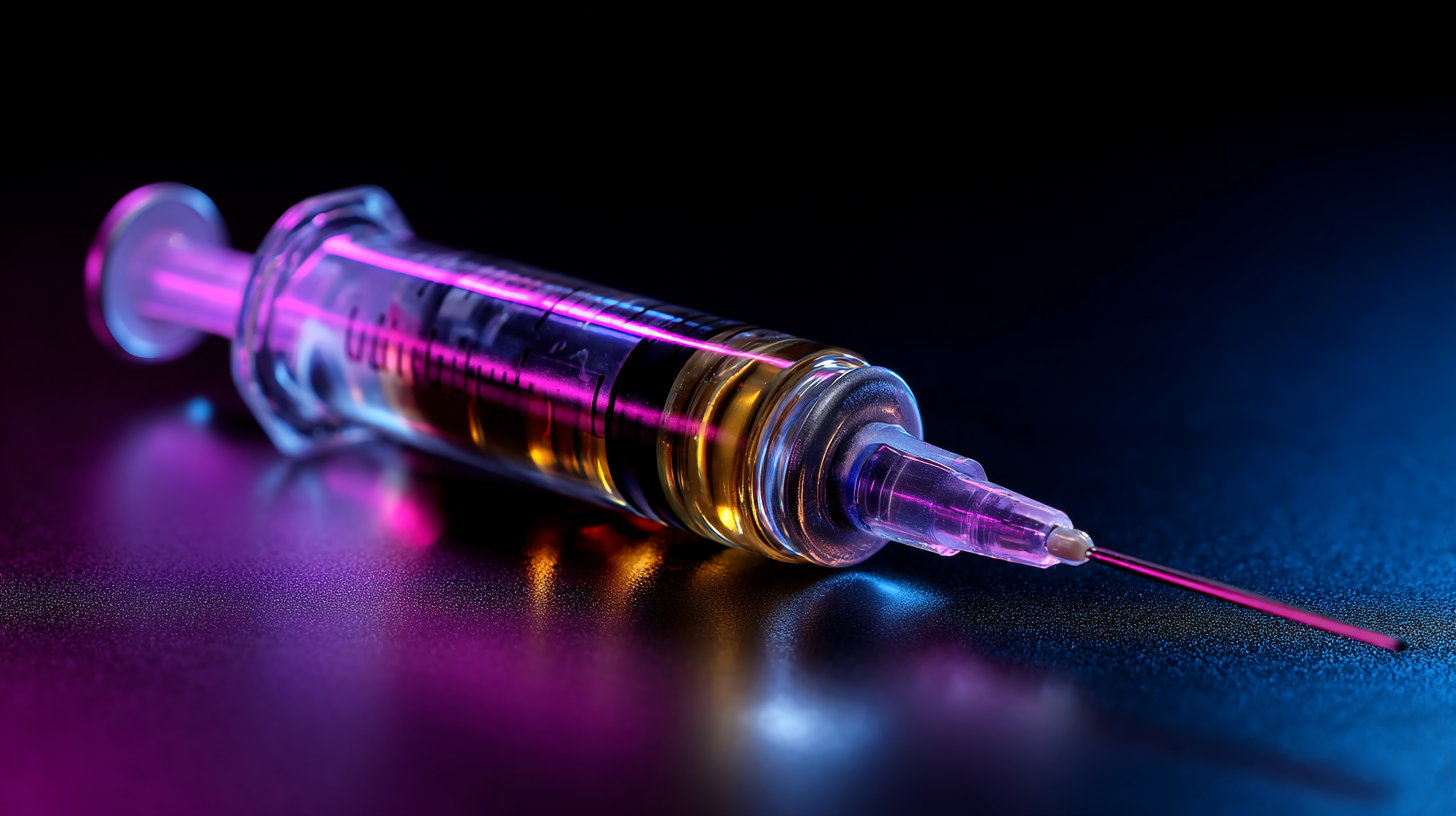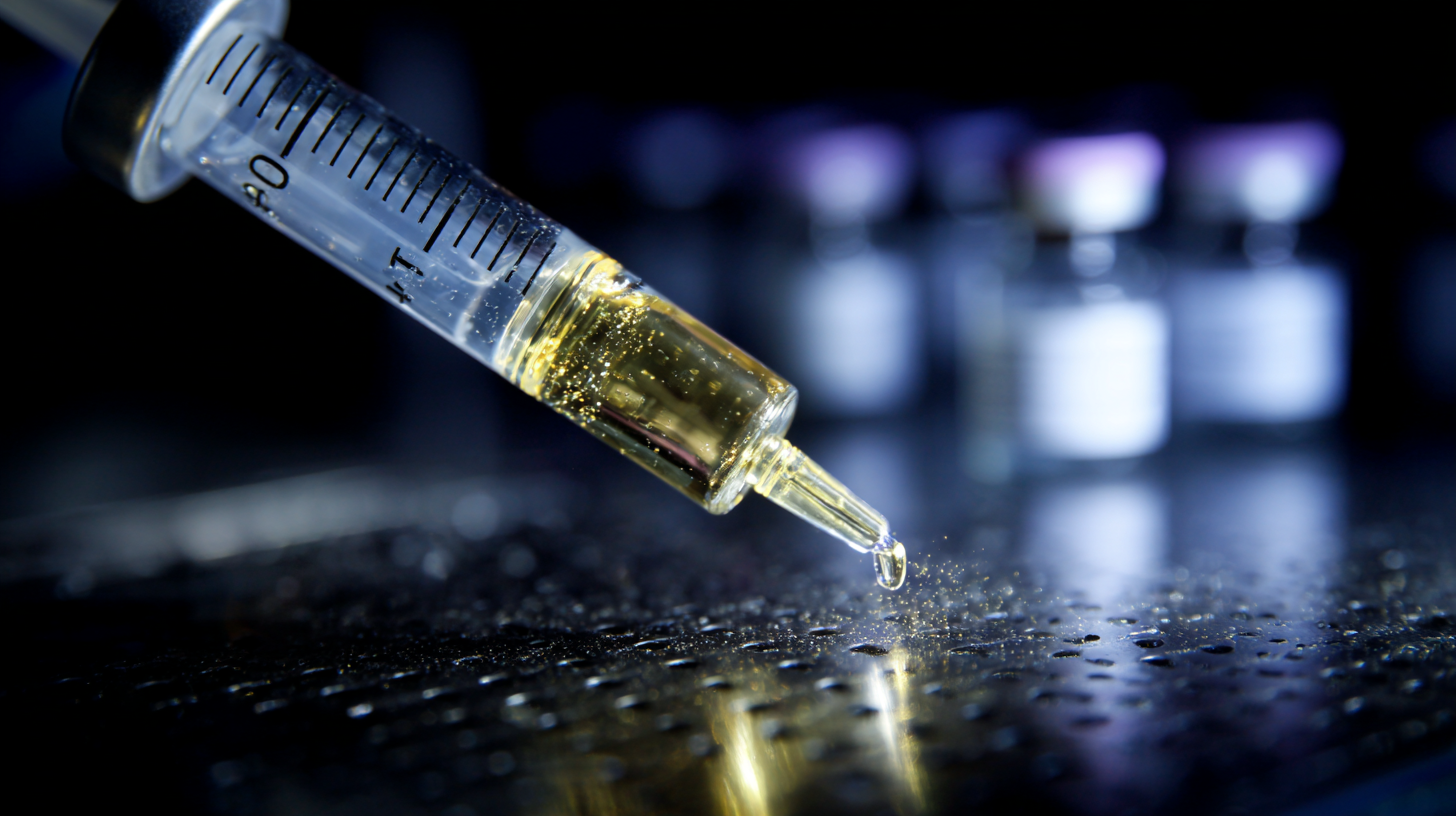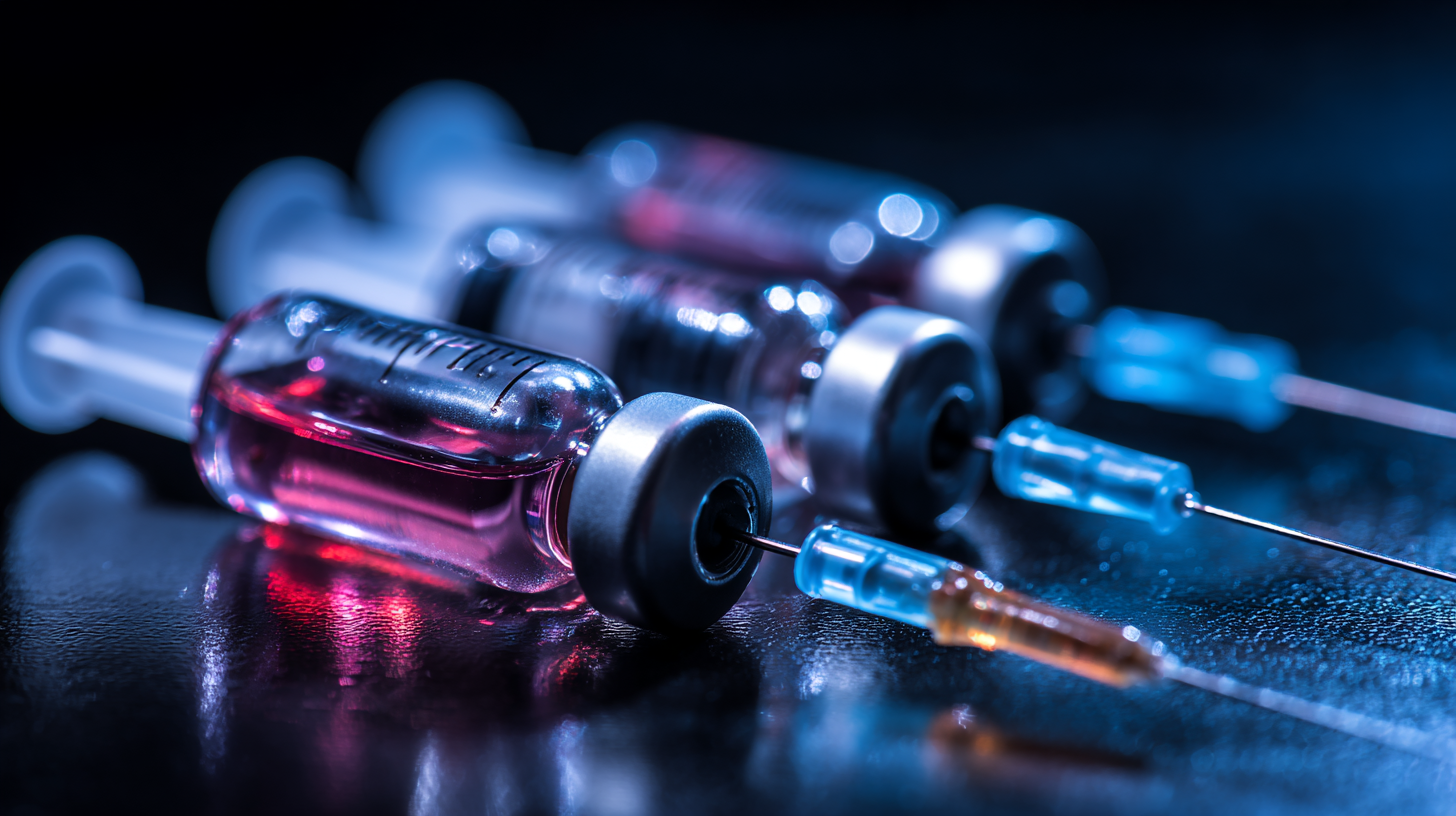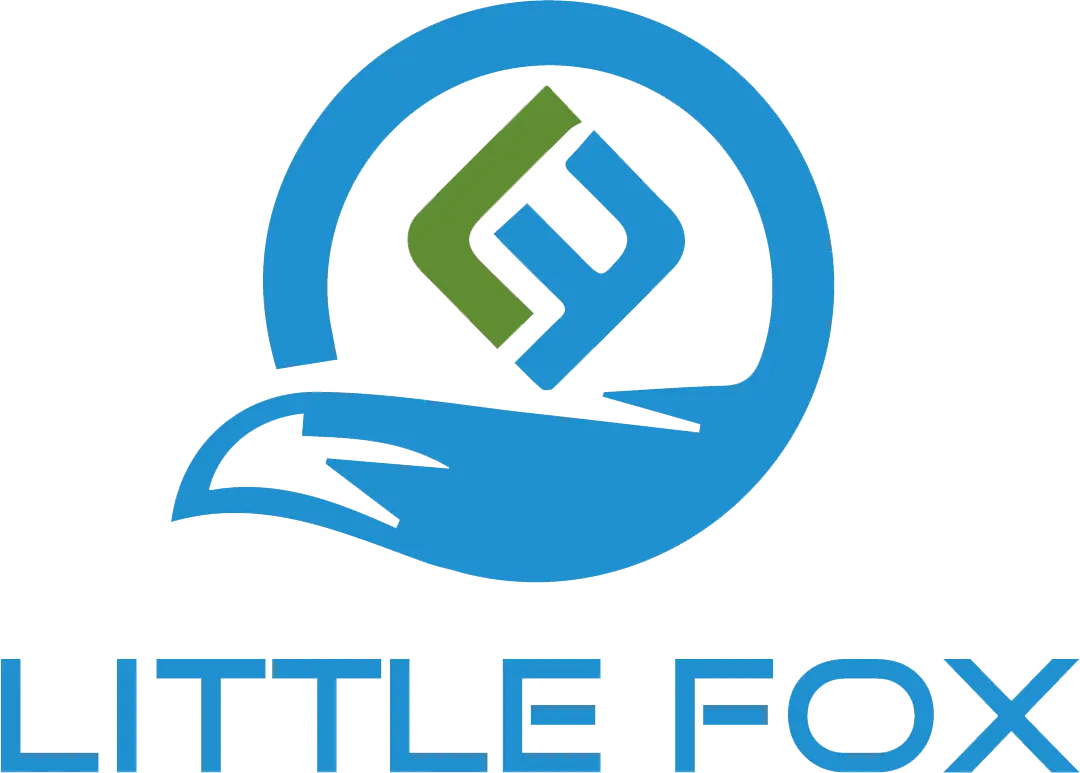Lidocaine Injection, a widely used local anesthetic, plays a crucial role in various medical and dental procedures by providing effective pain relief. According to a recent market analysis, the demand for lidocaine-based products is projected to grow significantly, with the global market estimated to reach approximately $1.3 billion by 2026, driven by an increasing prevalence of chronic pain conditions and a rise in surgical procedures. This surge is particularly notable in developing regions, including China, where leading manufacturers are stepping up production to meet international standards.

As healthcare providers seek premium quality options for their patients, it's essential to understand the diverse offerings available directly from top Chinese manufacturers. This ultimate guide will explore the benefits, application methods, and factors to consider when sourcing high-quality lidocaine injections, ensuring that medical professionals can make informed decisions in their practice.
When considering the import and export of medical products like lidocaine injections, certification plays a crucial role in ensuring safety and efficacy. Import and export certifications are essential as they verify that the products meet international quality standards and regulations. For lidocaine injections, which are commonly used as a local anesthetic, the need for rigorous certification becomes even more paramount. These certifications not only guarantee the quality of the product but also assure healthcare providers and patients of their reliability and safety.
Leading Chinese manufacturers understand the importance of these certifications, as they enhance their credibility on the global stage. With the demand for premium quality medical products increasing, adhering to strict manufacturing and testing standards is vital. Certificates such as Good Manufacturing Practices (GMP) and ISO certifications provide assurance that the lidocaine injections produced are of the highest quality. By prioritizing certification in the production process, manufacturers can ensure their products contribute positively to patient care and uphold the integrity of the medical community worldwide.
Leading Chinese manufacturers have established rigorous quality standards to ensure that their lidocaine injections meet the highest safety and efficacy benchmarks. Compliance with international regulations, such as the Good Manufacturing Practices (GMP) set forth by health authorities, is paramount. These manufacturers invest significantly in state-of-the-art facilities and advanced technology to maintain these standards, enabling them to produce lidocaine injections that are not only reliable but also effective for various medical applications.
Additionally, comprehensive quality control measures are in place throughout the production process. This includes thorough testing of raw materials, in-process monitoring, and final product evaluations. By implementing robust traceability systems, these manufacturers can track each batch of injections, ensuring that any issues can be quickly identified and addressed. Training personnel in quality management practices further enhances the overall reliability of the products. As a result, healthcare professionals can confidently utilize lidocaine injections sourced directly from these leading manufacturers, knowing that they adhere to stringent quality protocols.
Navigating the regulatory landscape for lidocaine injections is crucial for ensuring compliance and market access in global pharmaceutical markets. Each country has distinct regulations governing the manufacturing, quality control, and distribution of pharmaceutical products. Manufacturers must remain vigilant about these ever-evolving regulations, which can vary significantly from one region to another. Understanding the specific requirements for lidocaine, including pre-market approval, safety assessments, and post-market surveillance, can streamline the process and mitigate the risk of delays or penalties.

In China, leading manufacturers of premium quality lidocaine injections are increasingly focusing on international standards to compete in the global marketplace. This includes adhering to Good Manufacturing Practices (GMP) and obtaining certifications such as ISO to guarantee product quality and safety. Furthermore, engaging with local regulatory bodies is essential for maintaining transparency and ensuring that all products meet the required standards for efficacy and safety. By prioritizing regulatory compliance, Chinese manufacturers can enhance their reputation and build strong partnerships with healthcare providers and distributors worldwide.
 When importing medical products such as lidocaine injections, the role of certification cannot be overstated. Certification acts as a linchpin for consumer confidence, ensuring that products meet stringent safety and quality standards. For importers, understanding the Procedure for Electronic Application for Certificates (PEACH) system is essential. This online platform simplifies the registration process, allowing businesses to comply with health regulations efficiently. Individuals looking to use PEACH must register through an official government portal, providing necessary documentation to verify their import practices align with local regulations.
When importing medical products such as lidocaine injections, the role of certification cannot be overstated. Certification acts as a linchpin for consumer confidence, ensuring that products meet stringent safety and quality standards. For importers, understanding the Procedure for Electronic Application for Certificates (PEACH) system is essential. This online platform simplifies the registration process, allowing businesses to comply with health regulations efficiently. Individuals looking to use PEACH must register through an official government portal, providing necessary documentation to verify their import practices align with local regulations.
In a climate where certifications have become increasingly critical, regulatory bodies also recognize the need to adapt. For instance, the recent exemption of BIS certification for imported medical-grade plastics is a move aimed at boosting domestic production of syringes and IV components. This decision illustrates how regulatory flexibility can support industry growth while still maintaining product safety. As import requirements evolve, staying informed about the certification landscape is vital for businesses aiming to thrive in the medical device market.
The landscape of lidocaine injection manufacturing has seen significant shifts, particularly with the rise of Chinese manufacturers at the forefront of the industry. Compared to their global counterparts, these manufacturers are increasingly recognized for their competitive pricing and robust production capabilities. With advancements in technology and a focus on quality control, Chinese firms are now producing lidocaine injections that meet international standards, making them a viable option for healthcare providers worldwide.
Moreover, the scale of production in China allows for economies of scale that can lead to reduced costs for end-users, which is particularly beneficial for hospitals and clinics looking to provide affordable quality care. In contrast, global competitors may struggle with higher operational costs, affecting their pricing structures. However, it's essential to note that quality assurance practices vary greatly across manufacturers, and healthcare providers must assess the reputation and compliance standards of suppliers in their procurement processes to ensure they are choosing products that are both effective and safe for patient use.
| Parameter | Chinese Manufacturers | Global Competitors |
|---|---|---|
| Average Price per Ampule | $0.50 | $0.80 |
| Average Purity (% of Lidocaine) | 99% | 98% |
| Production Capacity (Million Units/Year) | 15 | 10 |
| Regulatory Approvals | CFDA, WHO | FDA, EMA |
| Market Share (%) | 25% | 50% |
| Customer Satisfaction Rating | 4.7/5 | 4.5/5 |
